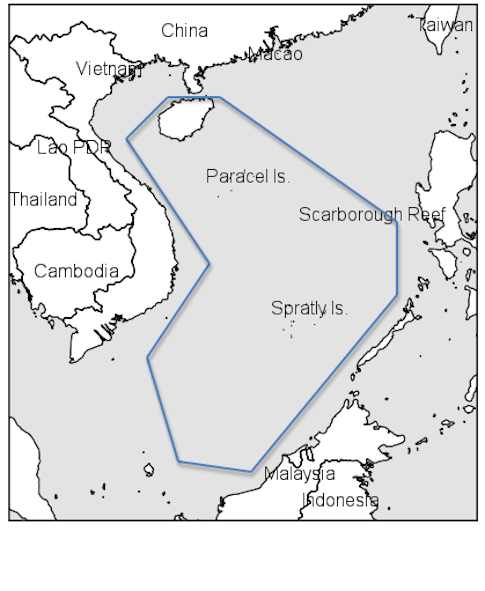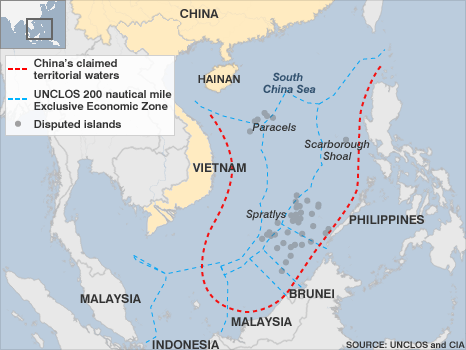In the latest Libertarian Enterprise, L. Neil Smith goes over just the “high points” of American interference in the domestic affairs of other nations:
It makes me sick to keep hearing the mostly Democratic assertion that Donald J. Trump is a candidate foisted on us poor, gullible Americans by the Russian government. This is largely a matter of psychological projection by the left, and of mind-boggling hypocrisy. Previous American governments (mostly Democratic) have a long, shameful history of removing foreign leaders they dislike, for one reason or another, and replacing them with more agreeable figures.
It’s hard to know quite where to begin, and absolutely impossible to be exhaustive. General Smedley Darlington Butler (1881- 1940), twice winner of the Congressional Medal of Honor, tells a long, bloody tale in his little book War Is A Racket, in which he demonstrates that the United States Marines were sent on gunboats to various places across our sad, scarred, and war-weary planet — notably to South and Central America — to protect the interests (with rifles and bayonets, if necessary) of corporations like the United Fruit Company. Costa Rica, Honduras, Guatamala have all suffered from this kind of interference. That’s why they’re called “banana republics”.
In 1953, the people of Iran had thrown the Shah off the throne and replaced him with an elected official by the name of Mosaddegh. British and American “intelligence” were alarmed. If the guy was a communist (he was not) he might cut off the supply of oil on which they had become dependent to enforce their will on the world, So they deposed him and set the Shah back on the throne, setting the scene for today’s unholy (and extremely dangerous) mess.
Rafael Leónidas Trujillo Molina was the dictator of the Dominican Republic (which shares the island of Hispaniola with Haiti) for many decades. He was thoroughly brutal and corrupt, but a time came when his government began to break up, threatening the “stability” of the Caribbean region. In 1961. he was assassinated spectacularly by riflemen in ambush. (Oddly, I recall his car body being blown off the frame by a bazooka.) Wikipedia teeters between blaming his dozens of political rivals and the CIA. At the time it happened, everybody I knew (I was growing up in the military — counter insurgency branch) took the latter theory for granted.
And in 1963, in the middle of the War in Vietnam, when a dictator named Diem failed to do America’s bidding, the kindly, humane, genteel, and oh-so-Democratic President John F. Kennedy had him assassinated and replaced.






